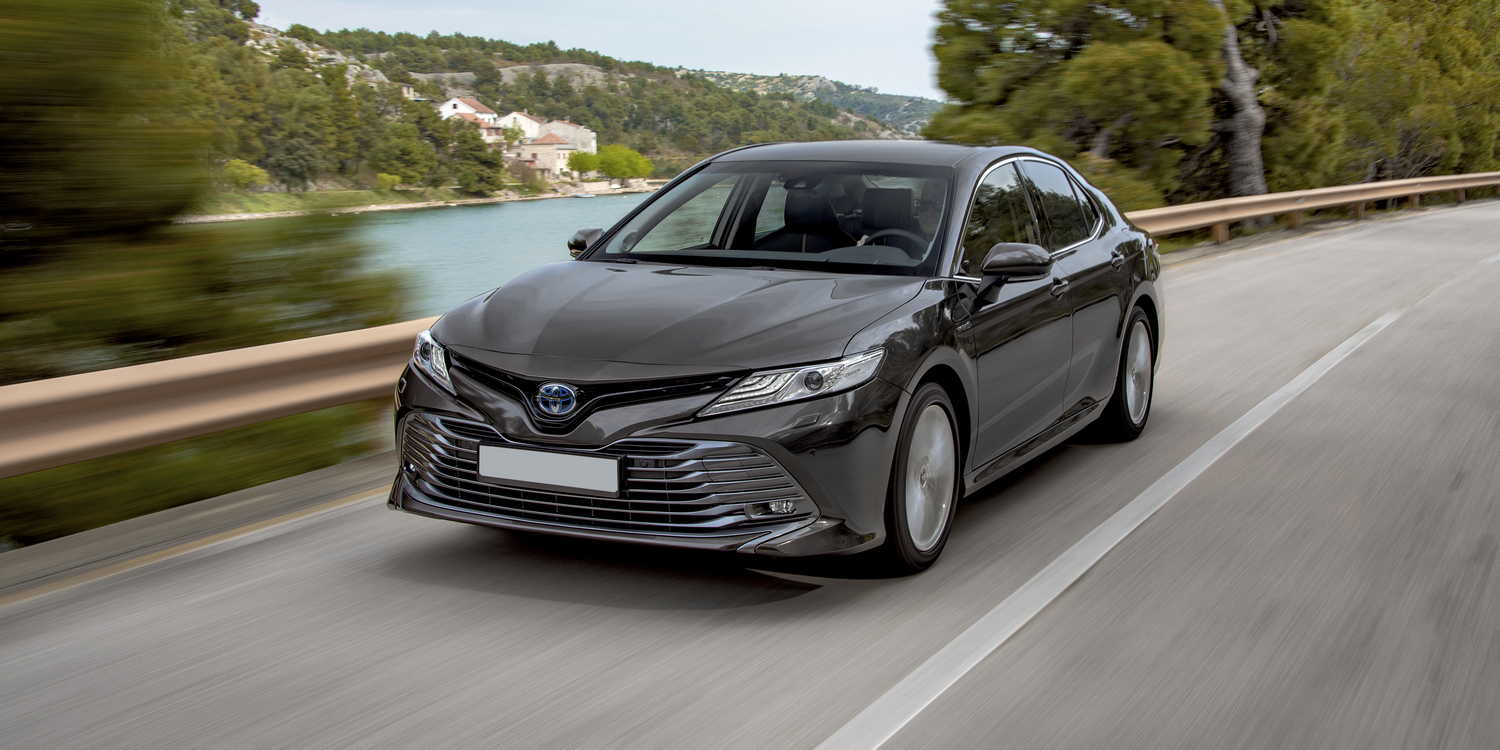Toyota has appealed against a class action ruling which could see more than 260,000 car owners receive damages of about $2bn. Still, concerns remain about the environmental impact of the faulty diesel particulate filters that caused the problems with some of Australia’s most popular vehicles.
The federal court handed down a decision in April that found Toyota had sold cars with defective diesel particulate filters over five years.
Ken Williams brought the action through lawyers Bannister Law Class Actions and Gilbert + Tobin.
Williams was awarded $18,000 after he found his car emitting white smoke several months after buying it. Despite repeatedly trying to address the issue, it could not be fixed.
On Tuesday, Toyota filed an appeal against the decision alleging mistakes of fact and law.
Toyota Australia was contacted for comment.
The class action ruling applies to owners of defective HiLux, Prado, and Fortuner diesel models who bought their new cars between 1 October 2015 and 23 April 2020 and still own them.
More than 260,000 people may be affected, though it is not clear what the cumulative or individual environmental impact was.
Assoc Prof Donna Green, from Digital Grid Futures Institute at the University of New South Wales, said she could not say the environmental effect without knowing what was in the tailpipe emissions.

But with the average vehicle staying on the road for 17 years, Green said it would impact human health.
“Initially I thought, ‘God, diesel particulates in the car with the kids in the back, that’s going to have a health impact’,” Green said. “There’s a whole cocktail of air pollution that comes out of a tailpipe, and none of it is good.”
“Anyone whose within nose distance it will have an impact on their health. If they have kids in the back of the car, it will impact them because they have developing bodies. After all, that kind of air pollution is not good for them.”
Green said “additional, unnecessary” tailpipe emissions may have other effects beyond the immediate risk to human health, such as increased CO2 output contributing to climate change.
Sign up to receive the top stories from Guardian Australia every morning
Toyota’s appeal comes after the company faced shareholder protests at its AGM in Japan last week over lobbying against introducing electric vehicles.
A Greenpeace Australia Pacific campaigner, Violette Snow, said the federal court ruling “only serves to highlight Toyota’s role in keeping Australian transport emissions sky-high”.
“Once a leader in the development of cleaner car technology, Toyota has now fallen behind,” Snow said. “Today, Toyota is overinvested in outdated, polluting ICE [internal combustion engines] and hybrid technology while other manufacturers race ahead with electric vehicles.
“Toyota is fast gaining a reputation – both in Australia and globally – as a blocker and a laggard in adopting clean cars.”
Influence Map, a UK-based thinktank that tracks the lobbying efforts of the fossil fuel sector, ranked Toyota the lowest of all companies over its climate change policy.
Toyota, a manufacturer of hybrid vehicles, is considered late to electric vehicle manufacturing, having only presented its first fully electric vehicle in November last year.
As CO2 emissions from energy production have fallen, emissions associated with the road transport sector are now the fastest growing.
Under the previous government, a lack of clear policy raised concerns Australia would become a dumping ground for cars as fuel efficiency standards elsewhere made them difficult to sell in overseas markets.












